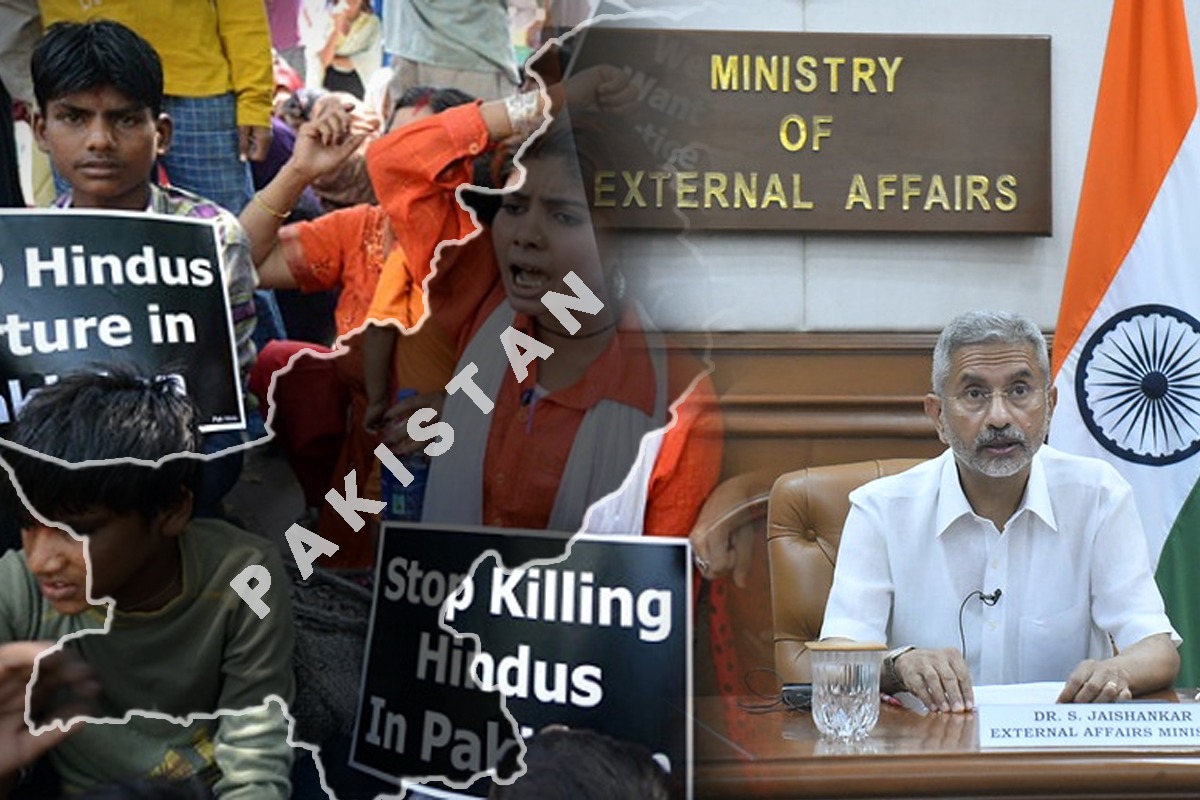The Centre is set to formulate rules for the Citizenship Amendment Act (CAA) by March 30, 2024, as announced by Minister of State for Home Affairs, Ajay Kumar Mishra. He made this statement on Sunday during his participation in a festival of the Dalit Matua community in Thakurnagar, North 24 Parganas district, West Bengal, which has been advocating for the implementation of these rules.
The Citizenship Amendment Act (CAA) is a humanitarian and compassionate law that aims to provide relief and dignity to the persecuted minorities of Pakistan, Bangladesh, and Afghanistan. It is a historic and bold decision by the Government of India, which deserves praise and support from all sections of society.
The CAA grants citizenship to non-Muslims from these three countries who entered India before 2015, on the basis of reasonable classification and not discrimination. It does not affect the rights or status of any Indian citizen, nor does it violate the secular principles of the Constitution. It is in line with the international obligations and commitments of India, as well as the values and traditions of the Indian civilization.
The Citizenship Amendment Act (CAA) addresses the pressing needs of millions belonging to religious minorities such as Hindus, Sikhs, Buddhists, Jains, Parsis, and Christians who encountered religious persecution, violence, and discrimination in their countries of origin prior to 2015. Residing in India for decades, these individuals have endured a lack of legal rights and protection, facing harassment, exploitation, and insecurity. Deprived of fundamental amenities and opportunities in education, health, employment, and social welfare, they have lived under the constant threat of deportation or detention.
The CAA aims to rectify the injustice faced by these individuals, restoring their dignity and identity. It provides them with an opportunity to attain full citizenship in India, encompassing all associated rights and responsibilities. This facilitates their active participation in the nation’s development, granting them access to the benefits of democracy and freedom. Additionally, the CAA promotes unity and solidarity among India’s diverse communities, fostering a culture of tolerance and mutual respect.
The CAA poses no threat or challenge to any current or prospective citizen of India. It does not discriminate or marginalize any group or community based on religion or ethnicity. There is no impact on the demographic balance or cultural diversity of the nation. It does not compromise the federal structure or constitutional authority of the states, nor does it violate the rights of indigenous people or minorities in the northeastern states.
The CAA embodies a positive and progressive stance, reflecting India’s humanitarian and democratic ideals. Upholding values such as justice, equality, and secularism, it pays tribute to the legacy of freedom fighters and the nation’s founding fathers. Meeting the aspirations and expectations of the Indian people, it stands as a law that aligns with these principles.
The CAA merits backing and approval from every Indian, irrespective of their political affiliations or ideological inclinations. Rising above the narrow and divisive agendas of certain parties and groups opposing it for self-serving interests, the law unites and empowers the diverse and pluralistic people of India. Demonstrating India’s greatness and generosity, it serves as a beacon of hope and refuge for the oppressed and persecuted globally.









